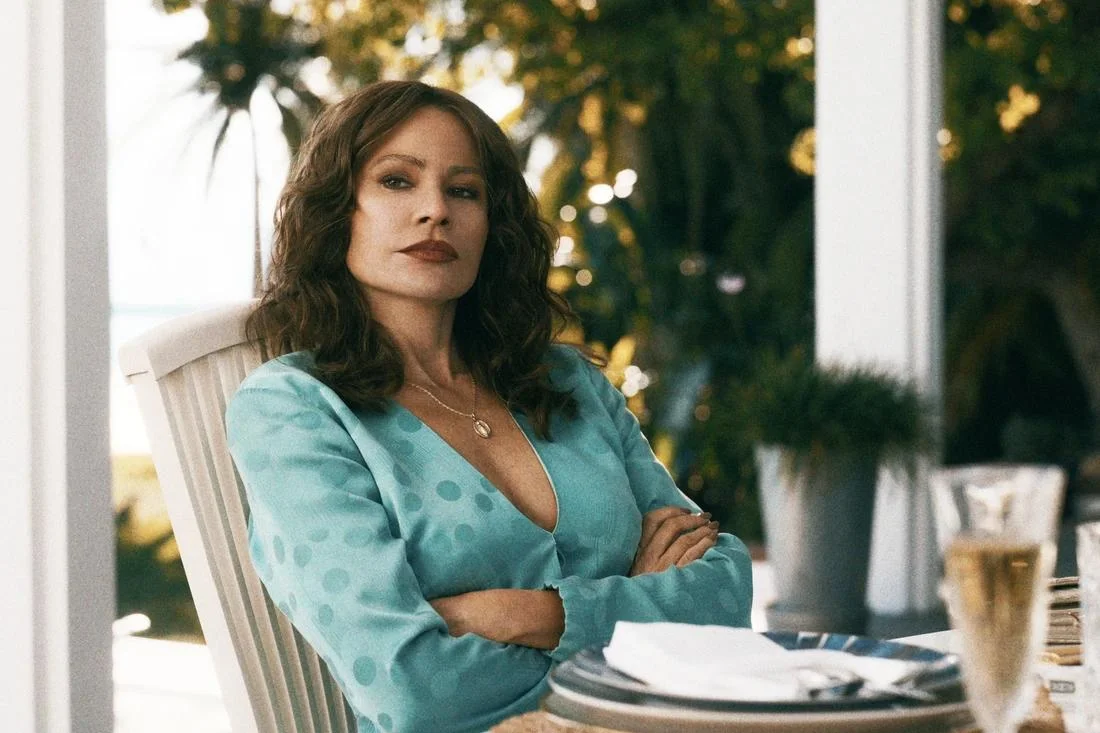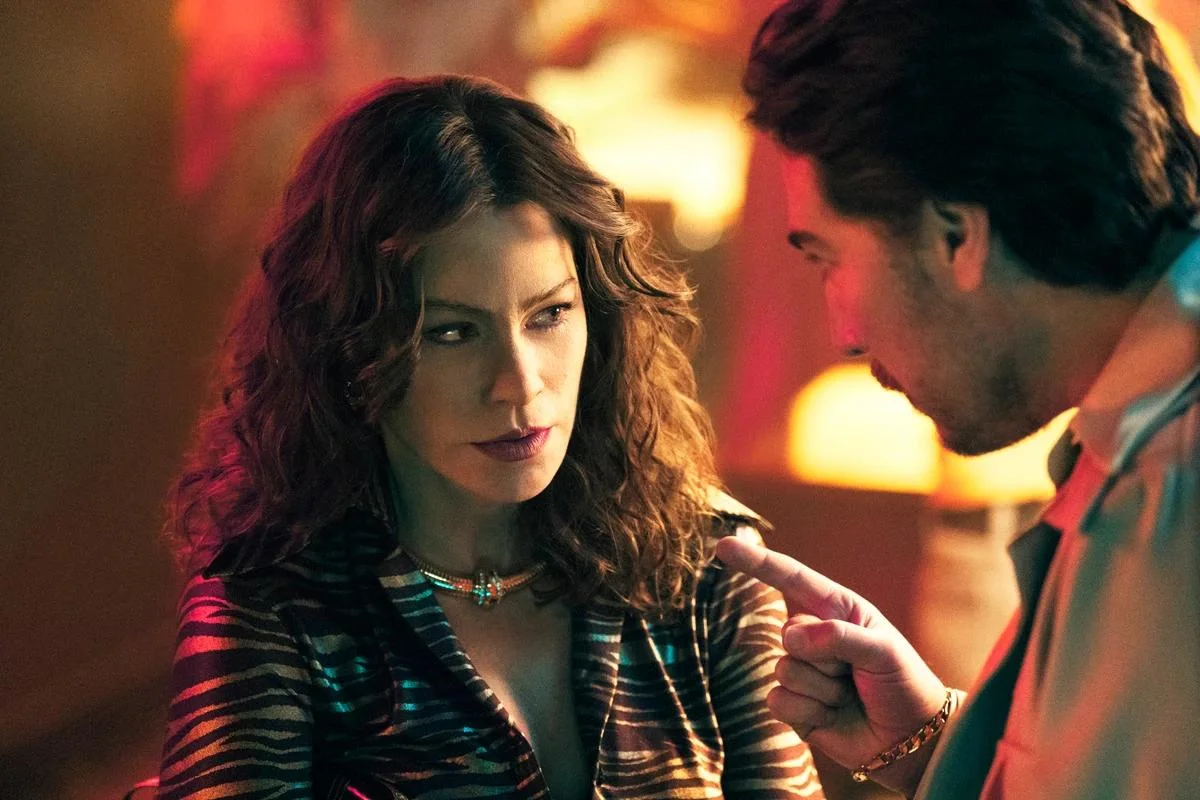The Rise of a Drug Lord: Griselda Blanco’s Reign
In the late 1970s and early ‘80s, a name echoed with notoriety in the corridors of the US cocaine trade: Griselda Blanco. Dubbed the “Black Widow” and the “Cocaine Godmother,” Blanco’s story is one of ruthless ambition and power. Now, Netflix’s miniseries ‘Griselda,’ starring Sofia Vergara, dramatizes her dramatic rise and fall. This portrayal, from the minds of Eric Newman and Andrés Baiz of ‘Narcos‘ fame, blends the grim reality of Blanco’s life with dramatized elements to create a compelling narrative.
The True Story Behind ‘Griselda’
Griselda Blanco, portrayed by Sofia Vergara, was born in Colombia and raised in Medellín, a city infamous for its criminal activities, notably those of Pablo Escobar. Blanco’s journey into crime began with petty thefts, eventually leading her to New York City to establish a flourishing drug operation. However, her story in Netflix’s ‘Griselda’ begins in the late 1970s, with Blanco’s return to the United States, specifically Miami, marking the peak of her empire.

Director Andres Baiz emphasized the importance of authenticity and thematic storytelling in ‘Griselda.’ “We do all the research possible… But you need to ask yourself: as creators, what are we saying? What is the theme of our show? And the theme of our show is women in power, women in a man’s world,” Baiz told RadioTimes.com.
June Hawkins: A Real-Life Parallel
A standout aspect of ‘Griselda’ is the portrayal of police detective June Hawkins, who recognizes early on that Miami’s drug issues are orchestrated by a woman. This insight and her struggle for recognition in a male-dominated police force parallel Blanco’s own experiences. June Hawkins, a real person consulted during the series’ development, shared similar challenges in her career.
Eric Newman, the executive producer, shared his insights with RadioTimes.com: “June’s happily married to, actually, another character in the show. She is a woman of Latin descent, a single mother in an almost equally male-dominated environment: law enforcement. She was underestimated and had to find her own way.”

Griselda’s Demise: Fact and Fiction
Blanco’s arrest in February 1985 marked the end of her reign. DEA agent Robert Palombo played a critical role in her capture, finding her in a moment of vulnerability. Palombo’s ‘kiss of death’ during the arrest symbolized the end of Blanco’s evasion of justice, which had greatly strained Miami. After her arrest, the city’s homicide rate reportedly decreased significantly.
In an interview with CBS News, Palombo said, “The homicide rate dropped dramatically,” noting Blanco’s command over numerous killings. Despite her crimes, her initial sentence seemed lenient to many, including Palombo.

Blanco was eventually deported back to Colombia, where she was murdered in 2012. The manner of her death – a drive-by shooting by a motorcyclist – was seen as a poetic end to a life steeped in violence and crime. “Here we have a butcher being killed in a butcher shop. By an individual who employs the very technique, the motorcycle technique, that she kind of invented,” Palombo concluded.
Netflix’s ‘Griselda’ not only tells the tale of a notorious figure in the drug trade but also delves into the complexities of gender dynamics in both the criminal underworld and law enforcement. This gripping miniseries offers a blend of historical facts with dramatic storytelling, providing a nuanced view of Griselda Blanco’s life and legacy.









